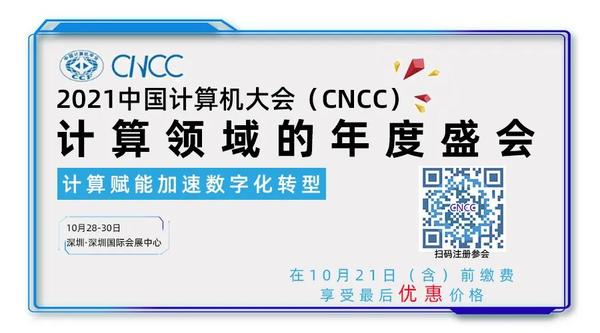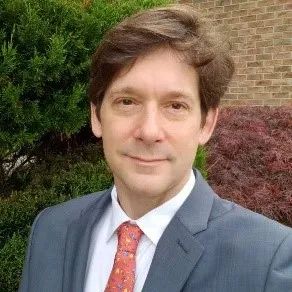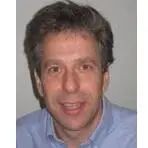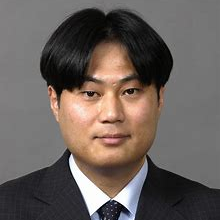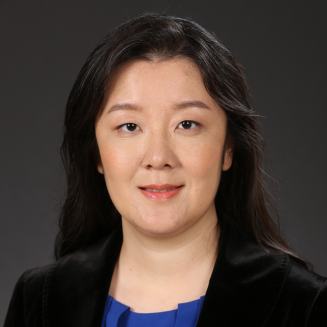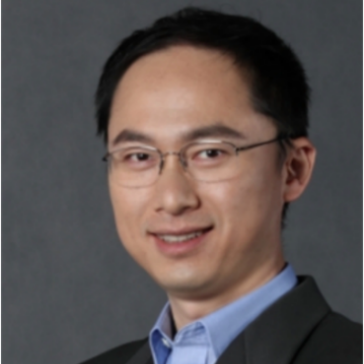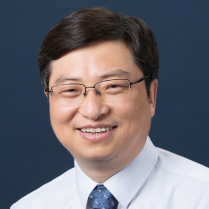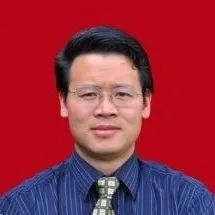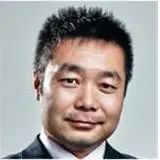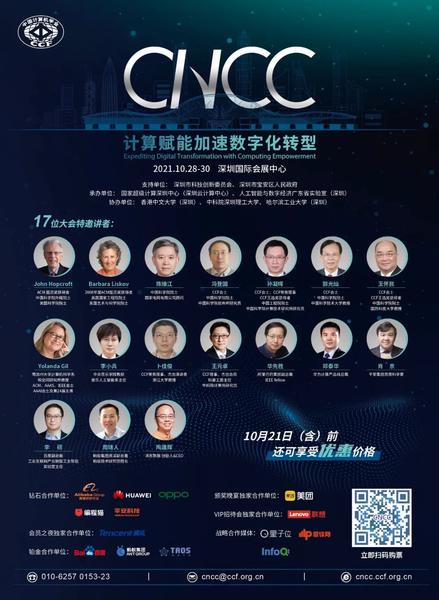语音对话与听觉前沿技术与社会使命 | CNCC2021技术论坛预告
CNCC2021将汇聚国内外顶级专业力量、专家资源,为逾万名参会者呈上一场精彩宏大的专业盛宴。别缺席,等你来,欢迎参会报名!
CNCC 2021语音对话与听觉前沿技术与社会使命论坛
【论坛背景介绍】
语音、语言和听觉是人类沟通和获取信息最自然便捷的手段,言语交互带来了人机交互的根本性变革。在IT产业已经进入了全球第五次浪潮——移动互联网时代的今天,语音、语言及听觉信号与信息的处理已经成为智能移动终端、智能教育、智能家电等众多产业发展所依赖的共性核心技术,是大数据和认知计算时代信息技术产业未来发展的制高点,不仅具有广阔的市场前景,还在国家信息安全和民族文化传播方面具有重要的战略意义。
本次论坛邀请到数位国内外知名专家学者围绕语音、语言与听觉研究的技术发展和社会使命开展主题报告,同时设置了Panel环节就语音对话与听觉技术发展中面临的挑战与机遇。力求达到凝练领域内前沿科学问题、增进学术界与工业界交流、展望学科发展未来的目的。
论坛日程安排
|
CNCC 2021语音对话与听觉前沿技术与社会使命论坛 |
||||
|
时间 |
活动内容 |
题目 |
讲者 |
单位 |
|
16:00-16:45 |
主旨报告1 |
Providing Speech Technology to Under-Resourced Communities |
Mark Hasegawa-Johnson |
University of Illinois |
|
16:45-17:30 |
主旨报告2 |
Calibration and Uncertainty: Knowing What You Don't Know |
Mark Gales |
Cambridge University, England |
|
17:30-18:15 |
主旨报告3 |
How the temporal amplitude envelope of speech contributes to nonlinguistic information |
Masashi Unoki |
Japan Advanced Institute of Science and Technology (JAIST) |
|
18:15-19:00 |
PANEL |
——— |
||
讲者介绍
Panel主持人
Panel嘉宾
CNCC2021将于10月28-30日在深圳举行,今年大会主题是“计算赋能加速数字化转型”。CNCC是计算领域学术界、产业界、教育界的年度盛会,宏观探讨技术发展趋势,今年预计参会人数将达到万人。每年特邀报告的座上嘉宾汇聚了院士、图灵奖得主、国内外名校学者、名企领军人物、各领域极具影响力的业内专家,豪华的嘉宾阵容凸显着CNCC的顶级行业水准及业内影响力。
今年的特邀嘉宾包括ACM图灵奖获得者John Hopcroft教授和Barbara Liskov教授,南加州大学计算机科学系和空间研究所Yolanda Gil教授,陈维江、冯登国、郭光灿、孙凝晖、王怀民等多位院士,及众多深具业内影响力的专家。今年的技术论坛多达111个,无论从数量、质量还是覆盖,都开创了历史之最,将为参会者带来学术、技术、产业、教育、科普等方面的全方位体验。大会期间还将首次举办“会员之夜”大型主题狂欢活动,让参会者畅快交流。
CNCC2021将汇聚国内外顶级专业力量、专家资源,为逾万名参会者呈上一场精彩宏大的专业盛宴。别缺席,等你来,欢迎参会报名!
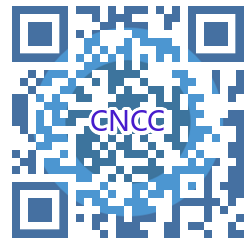
CNCC2021参会报名
 返回首页
返回首页

